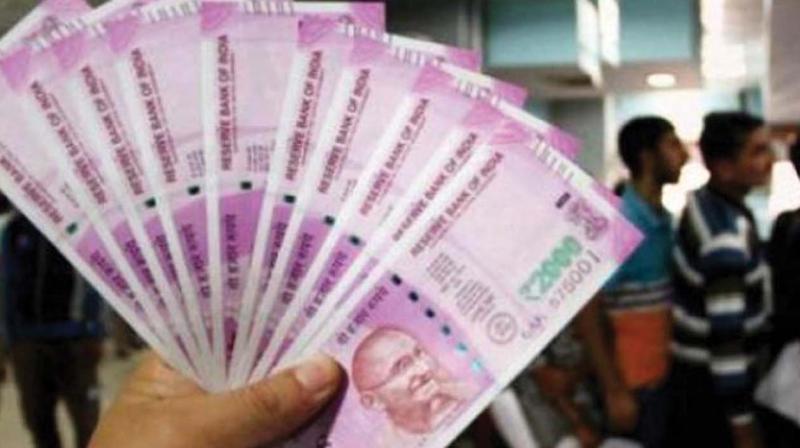Political unity beat Kerala's cooperative bank blues
Further, the government also announced that depositors would not lose their money and that the government would stand guarantee for their money.

THIRUVANANTHAPURAM: On November 8 last year, Prime Minister Narendra Modi did not just withdraw high denomination notes in a flash, but also pushed the rural economy into a severe cash crunch.
The primary agricultural credit societies, the lifeline of the rural economy, were barred from exchanging new notes and, in a move that had the potential to throttle to death these societies with an average deposit base of Rs 20 crore, the Centre decreed that each society could withdraw nothing more than Rs 24,000 a week.
“There was absolute panic and we thought there would be a mad rush to take the money out of PACS and deposit them in new generation banks,” finance minister Dr T.M. Thomas Isaac said.
The fear was unfounded. Thanks to unprecedented political unity and out-of-the-box ideas, the primary cooperatives in the state, unlike in places like Madhya Pradesh, Gujarat and Tamil Nadu, have bounced back with vigour.
“Our immediate response was to create an environment of confidence so that poor local the fears of investors could be assuaged,” Dr Isaac said. On November 22, the State Assembly passed a substantive motion urging the Centre to ease the restrictions imposed on district cooperative banks and primary cooperative societies.
The motion had the unconditional and wholehearted backing of the UDF members. Nonetheless, the motion was not passed unanimously as BJP’s lone member O. Rajagopal refused support insisting that cooperative banks were being used to sanitise black money. “We could win the battle because we stood united,” Dr Isaac said. “Had the UDF taken a different stand, thing s would have gone awry. As a result of this unity, the state BJP unit was marginalised on the issue,” he added.
Further, the government also announced that depositors would not lose their money and that the government would stand guarantee for their money. The breakthrough strategy, however, was the creation of ‘mirror’ accounts. Since PACS were barred from giving out more than Rs 24,000 a week, all PACS members were allowed to open a “mirror account” in the concerned District Cooperative Bank, and the PACS was to provide a debit note to the DCB against sums due to the account holder. “This allowed each PACS depositor to gain access to Rs 24,000 a week like any other formal banking customer,” Dr Isaac said. Rural cash flow was suddenly revived.
This was not all. Local-level resource mobilisation drives and the innovative ‘house visit’ campaign by cooperative department staff to sustain customer faith were also launched. “Initially we feared that people might withdraw money but these campaigns were implemented in full swing, societies even started collecting new deposits,” a top Cooperative Department official said.
However, demonetisation did force positive changes in the functioning of PACS. “Now, we insist on KYC norms, and we do frequent checks. It is important that we erase the perception that PACS are tax havens for local real estate dealers and small-time politicians,” a top Cooperative Department official said. According to Isaac, integrating PACS with the proposed Kerala Bank will further modernise its functioning.

